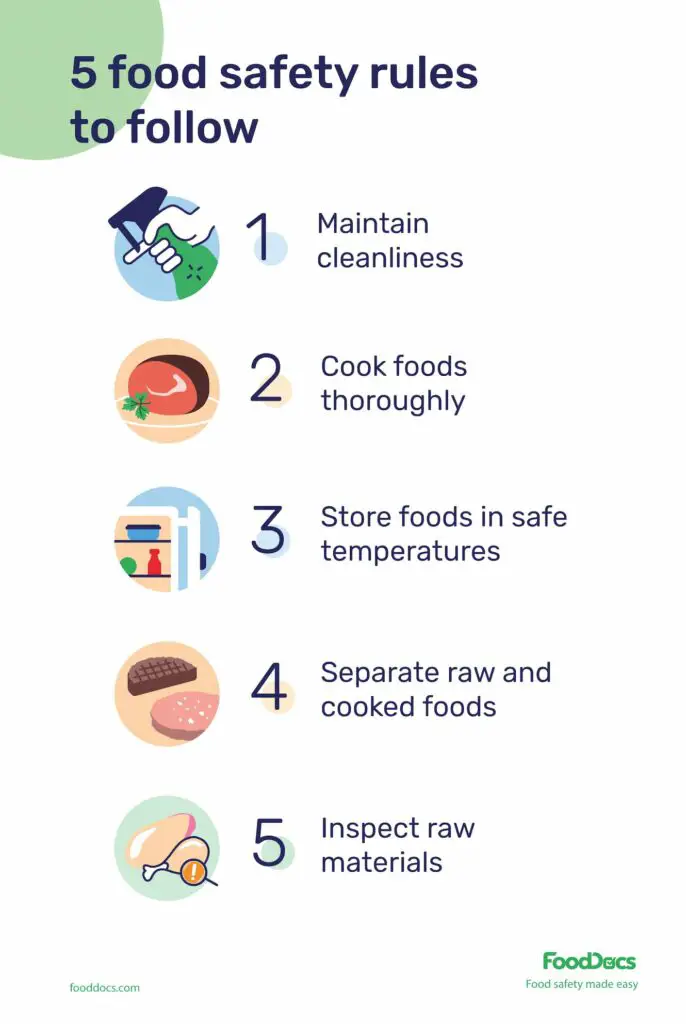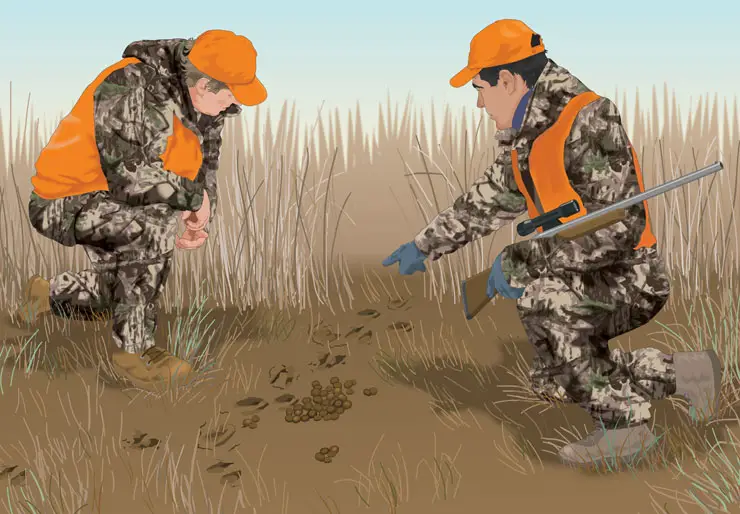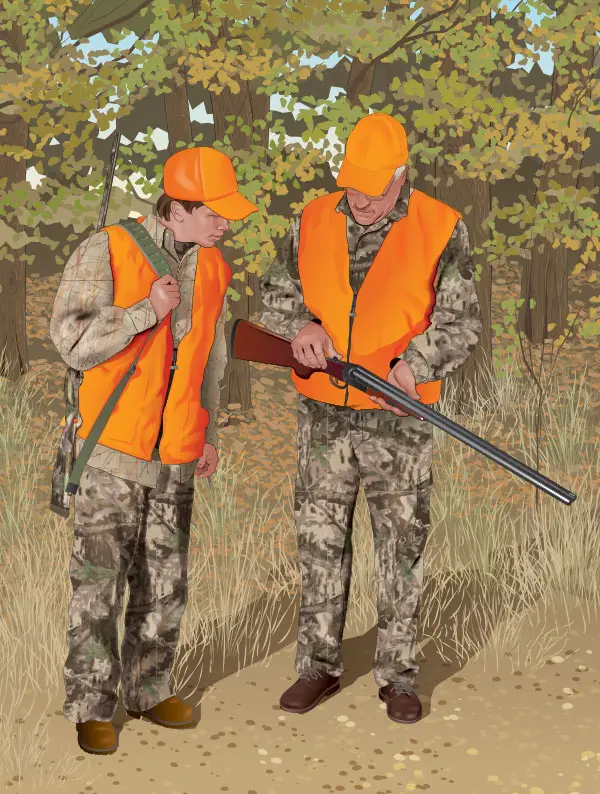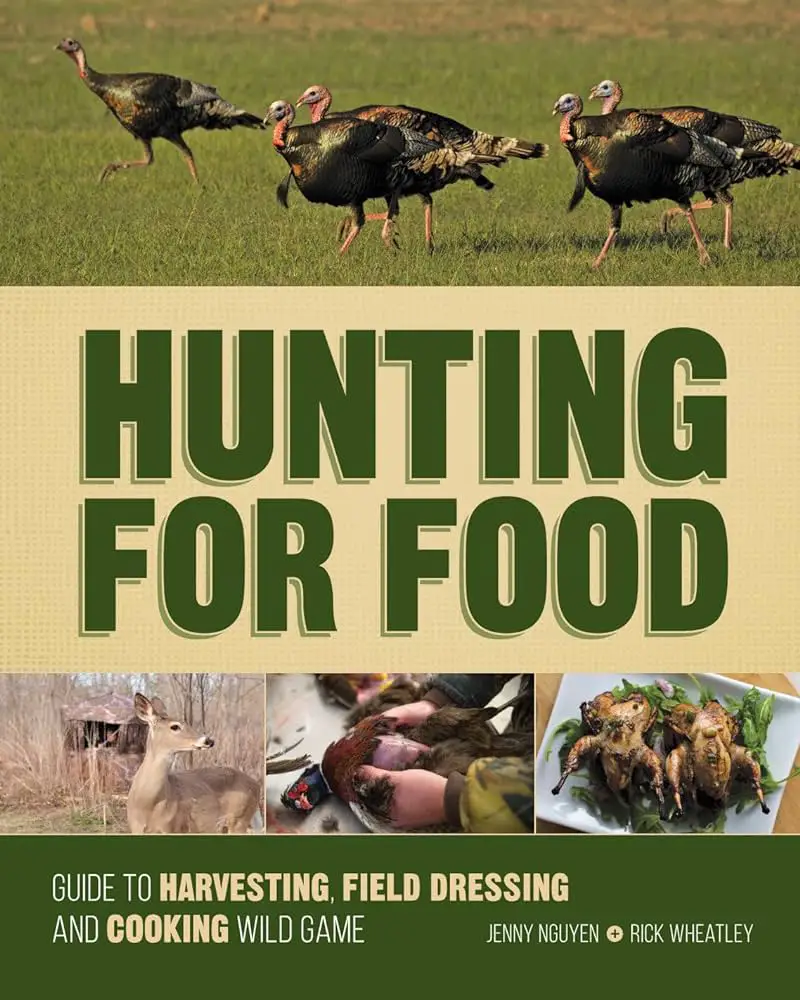Welcome to “The Basics of Safe and Responsible Hunting for Food”! In this article, you will learn the fundamental principles of hunting ethically and sustainably for food. By following these guidelines, you can ensure the safety of yourself and others, as well as the well-being of the environment and wildlife. So grab your gear and get ready to embark on a rewarding hunting journey that promotes conservation and respect for nature.
Have you ever considered hunting for your own food?
When it comes to sourcing your own food, hunting can be a rewarding and sustainable option. Not only does it provide you with an opportunity to connect with nature and engage in a time-honored tradition, but it also allows you to have more control over where your food comes from and how it is harvested. However, before you grab your gear and head out into the woods, there are some essential things to keep in mind to ensure that your hunting experience is safe, ethical, and responsible.

Understanding the Importance of Safety in Hunting
Safety should always be the number one priority when engaging in any hunting activity. From handling firearms to navigating through rugged terrain, there are various risks associated with hunting that must be addressed to ensure the well-being of yourself and others.
Before you embark on a hunting trip, it is crucial to familiarize yourself with the basic safety guidelines and principles that will help keep you and those around you safe. This includes understanding how to handle firearms safely, wearing appropriate gear for protection, and communicating effectively with your hunting partners.
Firearm Safety
One of the most critical aspects of hunting safely is ensuring that firearms are handled responsibly and with care. Before heading out into the field, make sure that you are fully knowledgeable about the firearm you are using, including how to load, unload, and safely store it. Always treat every firearm as if it is loaded, keep your finger off the trigger until you are ready to shoot, and never point your gun at anything you do not intend to shoot.
Gear and Equipment
Having the right gear and equipment can make a significant difference in your hunting experience. Make sure to wear appropriate clothing and footwear for the terrain you will be hunting in, and consider investing in quality hunting gear such as a reliable backpack, binoculars, and a first aid kit. Additionally, it is essential to pack enough food and water to stay hydrated and energized throughout your hunt.
Communication and Planning
Communication is key when it comes to hunting safely. Before heading out, make sure to establish a clear plan with your hunting partners, including designated meeting points and emergency procedures. It is also essential to stay in constant communication with your group and notify them of your whereabouts at all times. Make sure to familiarize yourself with the hunting laws and regulations in your area, as well as any safety precautions specific to the type of game you are hunting.
Ethical Considerations in Hunting
In addition to safety, ethical considerations play a crucial role in hunting responsibly. Ethical hunting practices ensure that wildlife populations are maintained at sustainable levels and that animals are harvested humanely and respectfully.
Respect for Nature and Wildlife
As a hunter, it is essential to have a deep respect for nature and wildlife. Take the time to observe and appreciate the natural environment around you, and understand the role that wildlife plays in the ecosystem. Always follow the principles of fair chase, which means giving animals a fair opportunity to escape and avoiding practices that may give you an unfair advantage.
Conservation and Sustainability
Hunters play a significant role in wildlife conservation and management. By participating in ethical hunting practices, you can help maintain healthy wildlife populations and preserve natural habitats for future generations. Make sure to adhere to hunting regulations and limits set by wildlife management agencies, and consider joining conservation organizations that work to protect and restore habitats for wildlife.
Humanely Harvesting Game
Humanely harvesting game is a fundamental aspect of ethical hunting. Make sure to take accurate shots to minimize suffering and maximize the chances of a quick and humane kill. Practice shooting at different distances and angles to ensure that you can effectively hit your target, and always aim for vital organs to minimize suffering. Additionally, be prepared to track wounded animals if necessary and follow through with ethical and responsible hunting practices.

Responsible Practices for Hunting
Responsible hunting goes beyond safety and ethics—it also involves actively contributing to the well-being of wildlife populations and the environment. By following responsible practices, you can help conserve natural resources and promote sustainable hunting for future generations.
Habitat Preservation
Habitat preservation is a critical aspect of responsible hunting. Make sure to respect natural habitats and avoid damaging sensitive ecosystems while hunting. Stay on designated trails and avoid littering or leaving behind any waste. Consider volunteering for habitat restoration projects or supporting organizations that work to conserve natural habitats for wildlife.
Responsible Harvesting
Responsible harvesting involves making ethical decisions about which animals to harvest and when. Always follow hunting regulations and limits set by wildlife management agencies to ensure that wildlife populations remain healthy and sustainable. Consider trophy hunting practices and only harvest animals that are within legal limits and will be used for food or other purposes.
Role of Education and Advocacy
Education and advocacy are essential tools for promoting responsible hunting practices. Take the time to educate yourself about wildlife conservation, hunting ethics, and regulations in your area. Share your knowledge and experience with others to promote responsible hunting practices and advocate for the protection of wildlife and natural habitats. Consider participating in hunting education programs or mentoring new hunters to pass on your passion for ethical and responsible hunting.

Conclusion
Hunting for food can be a rewarding and fulfilling experience when done safely, ethically, and responsibly. By understanding the importance of safety, ethical considerations, and responsible practices in hunting, you can enjoy the benefits of sourcing your own food while contributing to wildlife conservation and habitat preservation. Remember to always prioritize safety, show respect for nature and wildlife, and take an active role in promoting responsible hunting practices for the well-being of yourself, others, and the environment. Happy hunting!

